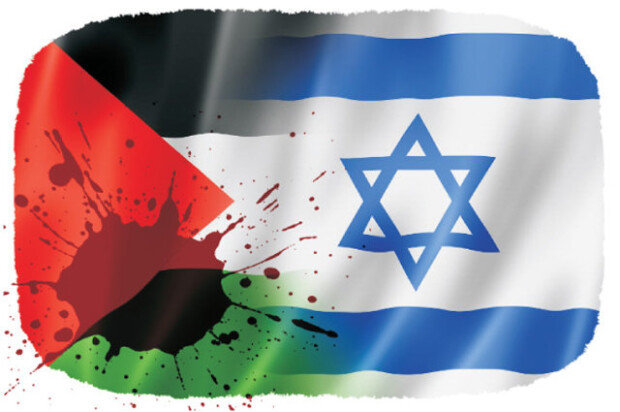Story war

Stories battle against each other. And the winner gets the initiative. For instance, we hear only about one side of the story when it comes to those of Israel and Palestine. Jews repeatedly emphasize that they are victims of history. It is true as millions died at the hands of the Nazis. There are myriads of films, books and historical records about their suffering. Some even call it the “holocaust industry.” Almost everyone in the Western and the Eastern world knows about it. This is the power of stories. But there are other stories shadowed by the stories. They are the stories of Palestinians who have been living as refugees or in colonial era for more than 70 years after Israel was founded. They were expelled from both the stories and the reality.
Media outlets around the world call the conflict between Israel and Palestine a war. But it is not a war. A war happens between countries or groups with equal power. It is not a war if one side overpowers the other by tens or hundreds of times. It is not a war if one side circles the enemy with high walls which create an enormous concentration camp and attack with state-of-the-art weapons from the sky, land and sea.
Calling it a war is abuse of a word and submission to Israel’s story. Their savage act on Palestinians become less important and is even forgotten by time. This is the violence of stories. As Nietzsche said, “There are no facts, only interpretations.” It is a war of interpretations, a war of stories. The world may remember Anne Frank who died because of the Nazi but would not remember Palestinian children who died from Israel’s savage violence. Ironically, this is why we should pay attention to the pain and tears of Palestinians who are losing in the story war. We were also once powerless in front of the violence of colonialism.







